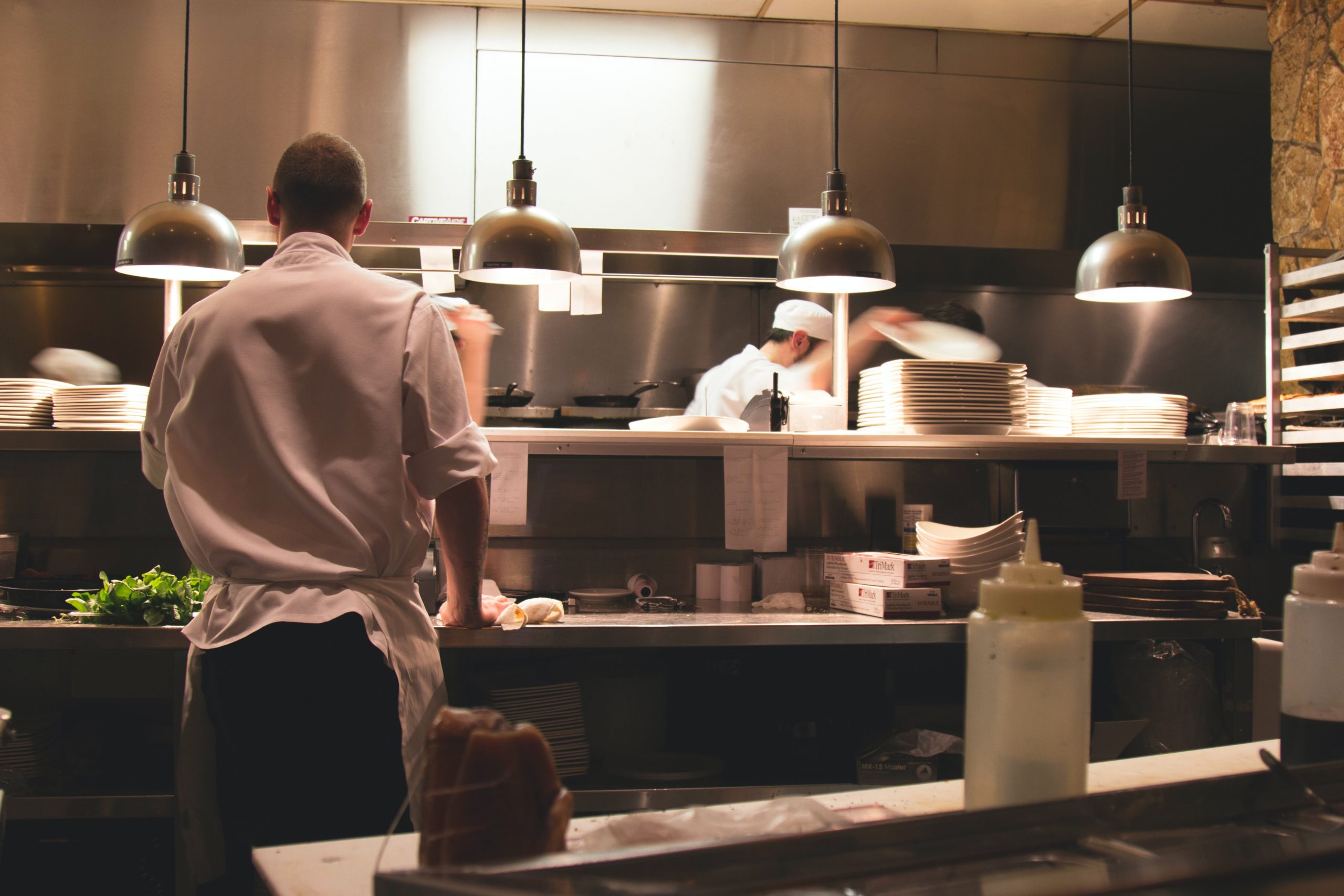As the UK hospitality industry prepares for its full reopening this month, the sector must focus on providing workers with greater career growth opportunities and workplace training to attract and retain the skilled staff that will drive its recovery, according to a report*.
Original research of 1,000 frontline workers in the report* highlighted hospitality workers felt the industry offered limited development opportunities in comparison to other sectors. 43% of hospitality employees said there was a lack of career growth opportunities, while a third (32%) of respondents said there was limited workplace training to support professional development.
With hospitality one of the sectors hardest hit by the pandemic, with the Office for National Statistics (ONS) estimating the around 355,000 jobs vanished in the trade during the past year1, businesses are recruiting in record numbers ahead of the scheduled full reopening on May 17th. High Street casual dining chain, Pizza Express – the UK’s second largest restaurant operator – for example, announced a 1,000 head-count recruitment drive to support its reopening and recovery, while hospitality recruitment grew by almost 40% in March as hospitality businesses readied themselves for reopening. However, the combination of long lockdowns forcing hospitality workers to look elsewhere for work and the post-Brexit tightening of immigration rules have reduced the size of the workforce and put pressure on recruitment initiatives.
Rebuilding hospitality’s frontline workforce will rely on meeting workers’ increased demand for career progression and digital training and communications needs to make the industry more desirable to potential employees. 40% of frontline employees say they receive training no more than once per year, even though seven out of 10 employees would welcome access to ‘always on’, on-demand training via mobile, app-based learning solutions. This limited training contributes to a sense of stagnation that’s especially frustrating for younger workers, with over a third of Millennials — who now make up three quarters of the frontline workforce — saying they feel unfulfilled in their roles.
“The importance of the hospitality industry in enriching people’s lives has been made clear by its absence during lockdown and the demand for bookings once establishments reopen is evidence that consumers are thrilled to be returning to pubs, restaurants and cafes. But, perhaps more so than any other industry, frontline staff are what make or break a hospitality experience. Having an engaged, skilled and knowledgeable server or front of house staff member is critical to create the kind of welcoming and pleasant experiences consumers so keenly anticipate,” commented Fabrice Haiat, CEO of YOOBIC.
“However, while the hospitality workforce is critical to the success of the industry, staff churn remains high. Engaging, motivating and retaining talent is an ongoing challenge that will only be resolved when businesses invest in elevating the employee experience. As hospitality reopens and rebuilds, it is crucial that hospitality businesses empower their frontline workforces, opening up communication formats and digital training platforms that not only support staff but can build with them into the future,” he concluded.
*Report from YOOBIC









